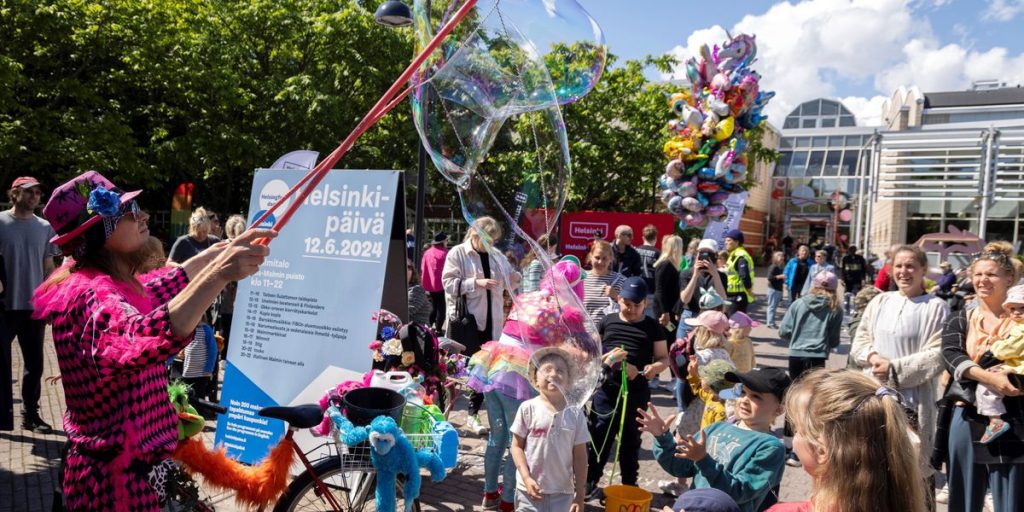World Happiness Report Highlights Investment in Social Welfare
For the eighth year in a row, the World Happiness Report released on Thursday revealed that countries with the happiest populations are those that prioritize social welfare investments. The report also noted a significant decline in overall satisfaction among people in the United States, where President Donald Trump is advocating for cuts to public services to benefit the wealthiest individuals and corporations.
Consistent Rankings of Happy Countries
The top four happiest nations remained unchanged from 2024, with Finland leading the rankings, followed by Denmark, Iceland, and Sweden.
U.S. Ranks Decline
Compiled by the Wellbeing Research Center at the University of Oxford, Gallup, and the United Nations Sustainable Development Solutions Network, the report indicates that the U.S. continues to drop in rankings, now positioned at 24th—one place lower than in 2024. In 2012, when the World Happiness Report was first introduced, the U.S. was ranked 11th.
Factors Influencing Happiness
The researchers assessed various factors contributing to happiness, such as social support, the freedom to make life choices, and perceptions of national corruption. While there has been an overall global decrease in “deaths of despair,” which include preventable deaths from substance abuse and suicides, the U.S. and South Korea were exceptions, experiencing a rapid increase in these deaths, averaging 1.3 more per 100,000 individuals annually.
Social Connectivity and Isolation
This year’s report emphasizes the significance of “caring and sharing” for happiness, highlighting that volunteering and lending a hand to others are common in many of the happiest countries. In contrast, social isolation in the U.S. correlates with increased unhappiness. According to the report, “In the United States, using data from the American Time Use Survey, authors found that Americans are increasingly dining alone,” with approximately 25% reporting they ate all meals alone the previous day—an increase of 53% since 2003.
Costa Rica’s Happy Investment Strategy
At a presentation of the annual report hosted by Semafor, Costa Rican ambassador Catalina Crespo Sancho pointed out that investment in public services has propelled her country into the top ten happiest nations, now ranking sixth. She noted that, “We are one of the few countries without an army, allowing funds to be directed towards education, social services, and health access.”
Income Inequality and Political Landscape
Residents of the happiest nations benefit from substantial public funding for healthcare, education, and childcare, along with living in societies where income inequality is significantly lower compared to the U.S. While countries like Finland, Denmark, and Sweden score below 30 on the Gini Index, indicating low income inequality, the U.S. stands at 41.3, reflecting a wider wealth gap. The report links dissatisfaction in the U.S. particularly among the youth, to the rising popularity of populist politics that often thrive on low social trust among its supporters.



